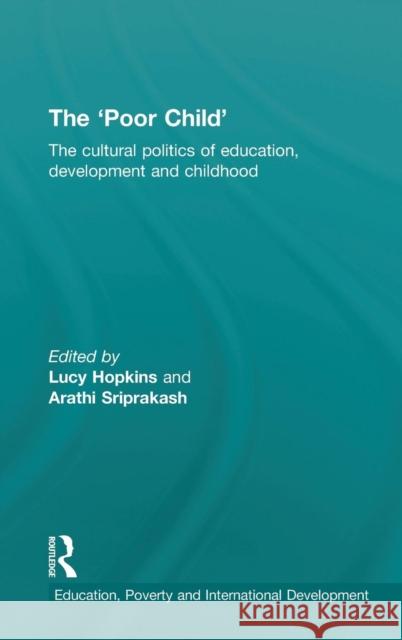The 'Poor Child': The cultural politics of education, development and childhood » książka
topmenu
The 'Poor Child': The cultural politics of education, development and childhood
ISBN-13: 9780415741293 / Angielski / Twarda / 2015 / 210 str.
The 'Poor Child': The cultural politics of education, development and childhood
ISBN-13: 9780415741293 / Angielski / Twarda / 2015 / 210 str.
cena 749,87
(netto: 714,16 VAT: 5%)
Najniższa cena z 30 dni: 730,42
(netto: 714,16 VAT: 5%)
Najniższa cena z 30 dni: 730,42
Termin realizacji zamówienia:
ok. 22 dni roboczych
Dostawa w 2026 r.
ok. 22 dni roboczych
Dostawa w 2026 r.
Darmowa dostawa!
- Why are development discourses of the 'poor child' in need of radical revision?
- What are the theoretical and methodological challenges and possibilities for ethical understandings of childhoods and poverty?











